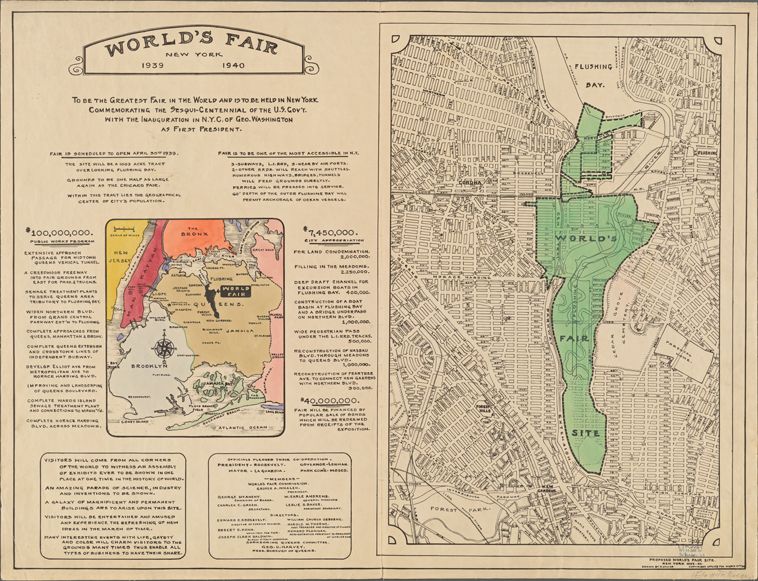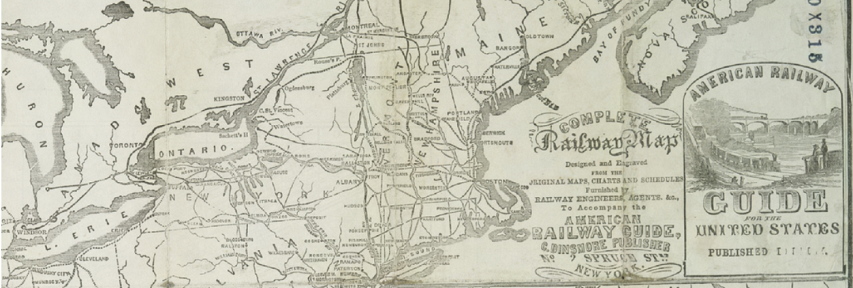In the Harvard Business Review, Paul Oyer explains some of the changes in the market for adopting dogs over the last decade or so:
Lots of people are looking for a canine companion to brighten their lives, and there are always plenty of dogs “on the market” at shelters or through breeders. Yet, too many dogs don’t find homes, and they often pay the ultimate price (especially if they are in Sochi). So what stands in the way of dogs and owners finding one another?
For starters, the supply and demand at any given time in any given area is typically thin and random. Thankfully, online pet boards have thickened the market by enabling potential adopters, especially those who want to rescue a dog, to find a broader range of options rather than just settling for what the shelter happens to have the day they go there. Sites such as petfinder.com lead to many adoptions, many of which cross significant geographic territory.
[…]
A second problem — and this is much harder to solve than the thin-market problem — is there are a lot of duds on both sides of the dog adoption market, and it’s hard to tell exactly who they are. A breeder could describe a bad, Cujo-like dog as “good with children” while potential owners like Michael Vicks’ former associates would surely claim they would give a dog a safe home.
Shelters address this issue by thoroughly screening would-be adopters (I have always found it ironic that they give you your baby to take home after it is born with no questions asked, but you have to jump through a lot of hoops to adopt a puppy or kitten that will otherwise be euthanized.) But there is no evidence that these screenings are very effective.






